A few years ago, I discovered that Google was monitoring and gathering user preferences even after one had opted out. Google would initially put an opt-out cookie that went with your browser when you first opt out, which is exactly what every other ad network does—but, then, within 24 hours, it would replace it with its standard cookie and begin tracking you again. It counted on people not returning to their ad preferences page, and the ploy may have worked for some two years before I discovered it, and reported it to the Network Advertising Initiative, who confirmed the error.
The NAI says that Google has remedied that, and I trust that it has. It didn’t stop Google from hacking Iphone users the following year, circumventing the ‘Do not track’ feature on the Safari browser, till they got busted by the Murdoch Press.
It seems these big Silicon Valley firms think they are a law unto themselves, as is evidenced by their approach to taxation, for instance, and it appears Facebook is now doing the same thing as Google when it comes to getting advertising preferences on you. In their world, user preferences are something to be spat on, not observed.
Facebook has often switched things on in its user preferences that you had switched off earlier, but I don’t remember them having touched those settings for a few years. But a leopard doesn’t change its spots. Recently, I discovered that Facebook had indeed turned on my advertising preference tracking, under ‘Ads based on my use of websites and apps’. I had it set to ‘No’; a month ago, I discovered this was set to ‘Yes’.
I promptly switched it off, but had discovered that Facebook had compiled quite the dossier on me on January 20. Had I agreed to it, this would have been fine; and I use Facebook’s targeting myself from time to time marketing to users that I believe have agreed to be tracked and marketed to.
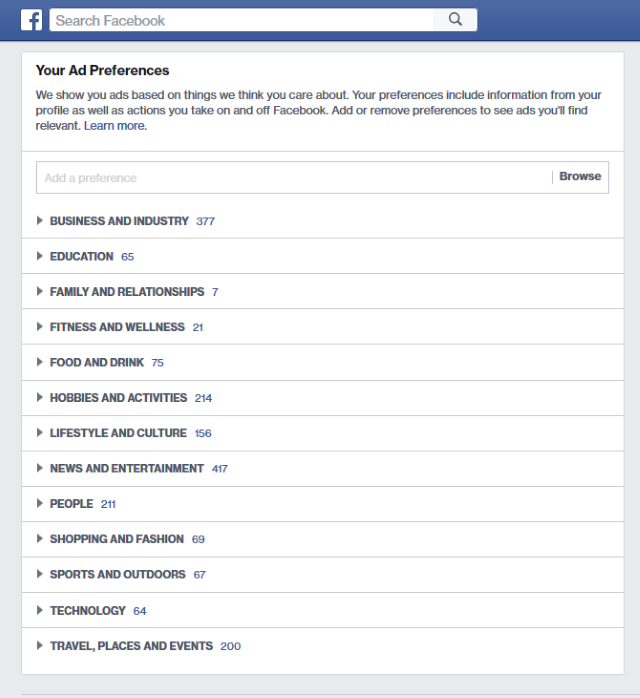
Above: Facebook compiled a big dossier on my preferences for its ad targeting, though when you open it up, there are entries that bear no resemblance to what I like.
However, there are two worrying points here. The obvious one is Facebook disrespecting user preferences and collecting data on us—and there has been plenty of debate on just where those data go thanks to Mr Snowden. Secondly, for marketers, the data that Facebook has gathered are, to some degree, laughable.
As I reviewed and deleted I discovered things in there that I had no interest in whatsoever. In the time that Facebook had gathered data on me, it had supposedly built up a profile on me that was made up of over 1,000 points (above is the summary, though I have expanded this out to have a good read). I found, in my profile, that I was supposedly into search engine marketing, Westpac, dentistry, NASSCOM (not sure what this is), radar, cosmetology, unmanned aerial vehicles, ClickZ, Marabou (chocolate), miniskirts, high-heeled footwear (yes, I can understand that publishing a fashion magazine might have added these), National Basketball Association, the Houston Astres (who?), Leicester City FC, TNA Knockout, the Australia national rugby union team (fortunately, the All Blacks were accurately recorded), World Tag Team Championship (WWE), and the Authority (professional wrestling); I discovered that Facebook thinks Occupy Wall Street is a ‘Religious Center’. Now, some of these will have come from websites I may have browsed at, but that doesn’t necessarily equate to my liking these things: what if you had browsed an article about the arrest of a child molester? Don’t ask me where the Aussie rugby and wrestling come from, as I don’t visit their sites or even news articles about either.
I spent considerable time deleting all of them, doing myself and Facebook a favour. Naturally, I switched off the tracking.
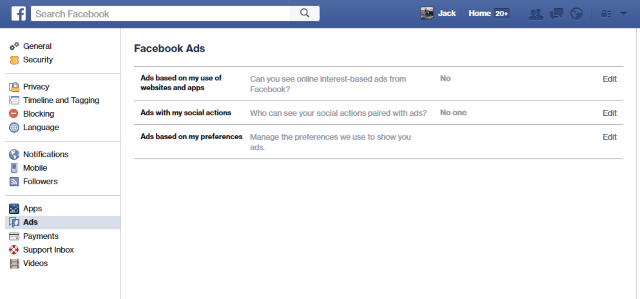
Above: My ad preference tracking is switched off. End of story? Unfortunately, not: Facebook doesn’t care what you’ve put in here.
I do think it is positive that Facebook reveals this, as it could have kept our preferences hidden, as it has done for years. It is only right that consumers are given a choice.
However, where are the ethics to continue doing it after a user has switched it off?
Because that’s exactly what Facebook does, and, like Google, you can’t pretend to me that these are all accidents. These are companies that believe they can do whatever they like, and intentionally have created systems to do so.
Interestingly, when I approached the US DMA about this data-gathering on January 22, I received no response, unlike the NAI, which got back to me after I furnished proof of Google’s activities. At that point I had not told them who was doing it, I simply asked them what its position was, with its code of conduct, if a member were to gather data on a person even after that person had opted out.
Within two days, Facebook had built up a new profile about me, of just over 100 items. I checked with the DAA, which has a website where you can see if the opt-out cookies are present, and it confirmed that Facebook’s was. It seems, then, that Facebook does not honour its own opt-out cookie, exactly the same as Google. Whether it uses this data or not is immaterial: it shouldn’t be gathering them for the duration of the time I choose to be opted out. I haven’t approached the DAA yet, but I will do after I get everything together.
The items, incidentally, were still laughable; even more so, because of the smaller number. By the 24th, I was apparently a fan of Bandcamp and the company Excite (remember them?), but to my recollection I had not visited any site about either. And the next day there were a few dozen data points, where apparently I liked B movies, Berlin (the band), the immune system, the MG ZR, Frank de Boer, Gracia Baur, sandals, Presbyterianism, the Mandarin language, and Trinidad and Tobago. Again, where this all came from, I have little clue.


Top: Within two days, Facebook had a number of points about me, despite my having chosen to have its advertising-preference tracking switched off. It’s Google all over again. Above: The DAA confirms that Facebook’s opt-out cookie is present, although as I’ve discovered, it makes no difference.
And so on. Every few days I’d go in there, have a peek, and have a laugh, and noted that my tracking preference was still set to ‘Off’.
I have accused Facebook of arrogance and this is yet another example. I’ve also accused them of incompetence.
You’ll have got to this point wondering why I still use it if I dislike the tracking. For a start, I shouldn’t have to put up with user preferences being ignored, if the setting has been provided, and if Facebook itself has been notified (I have contacted them). And as long as I have an account, which, unfortunately I need to administer business pages and groups, the tracking will continue, even if I do not use any features for my personal Timeline. (In fact, I hardly do any more; to the point where Facebook always has, in my feed, a top post showing me what I did x years ago when I log in; reminding me, ‘Gosh, didn’t we have it good together?’ liked a jilted lover.) By my own choice, I use Facebook’s messaging a lot (but not its app) and some very close friends contact me exclusively through that, and I’m going to have to continue there, too, because there is some utility. I also realize the irony of having a “like” button on this blog.
@facebook If I’ve opted out of your ad tracking, please explain the wisdom and ethics of tracking me. pic.twitter.com/apglEhnhy3
— Jack Yan 甄爵恩 (@jackyan) February 11, 2016
In other words, I’ve minimized my activity with the site where I realistically can, and right now I don’t care if I can no longer like, post, share or comment, which was becoming a very, very regular bug with Facebook anyway. (It’s now getting more commonplace, as other friends begin getting the same symptoms with increasing frequency; it seems I hit the point before they did.)
Like with Google, whose privacy gaffes saw me minimize my contact with them, I’ve de-Facebooked where I can; and I accept I can go further (e.g. regular logging out and cookie-blocking). I’ll see where things go after I contact the DAA.
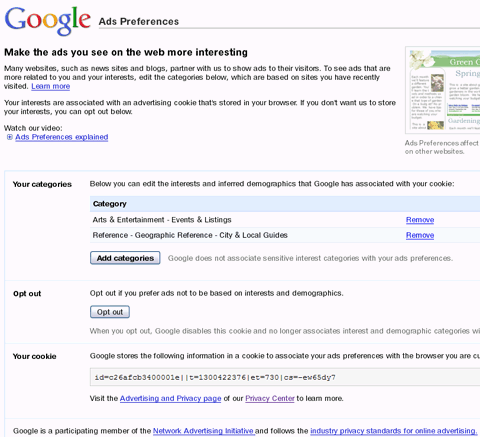
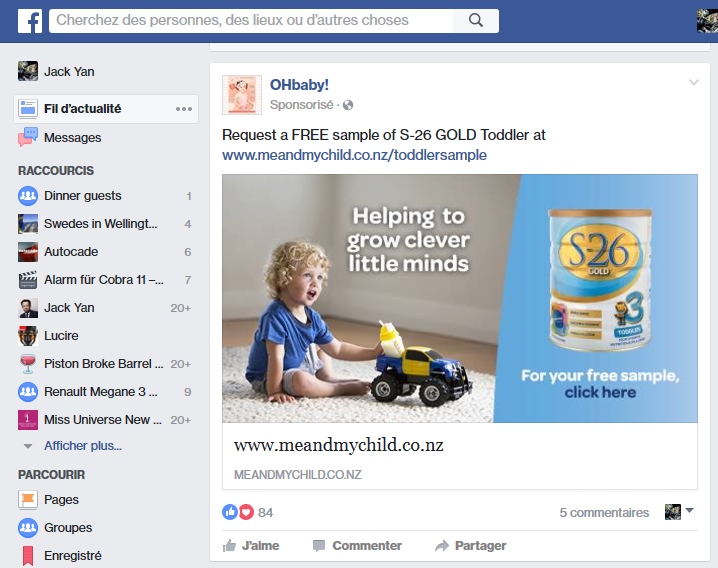
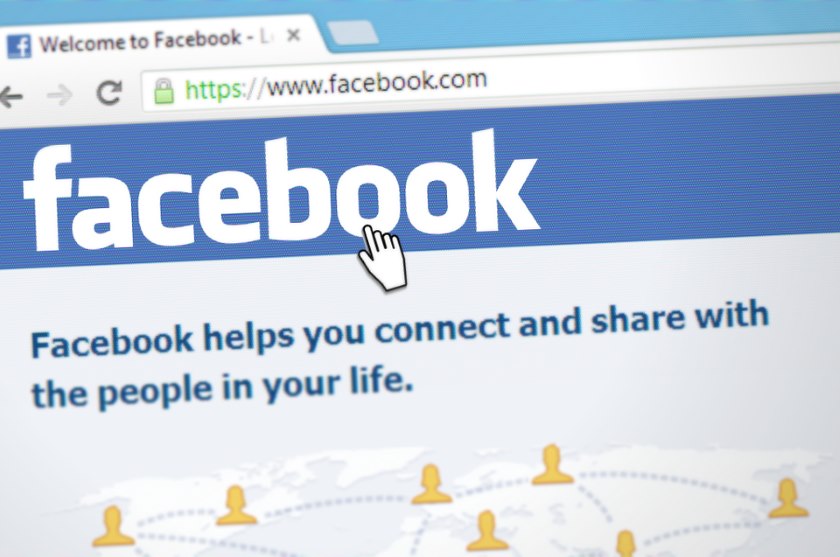
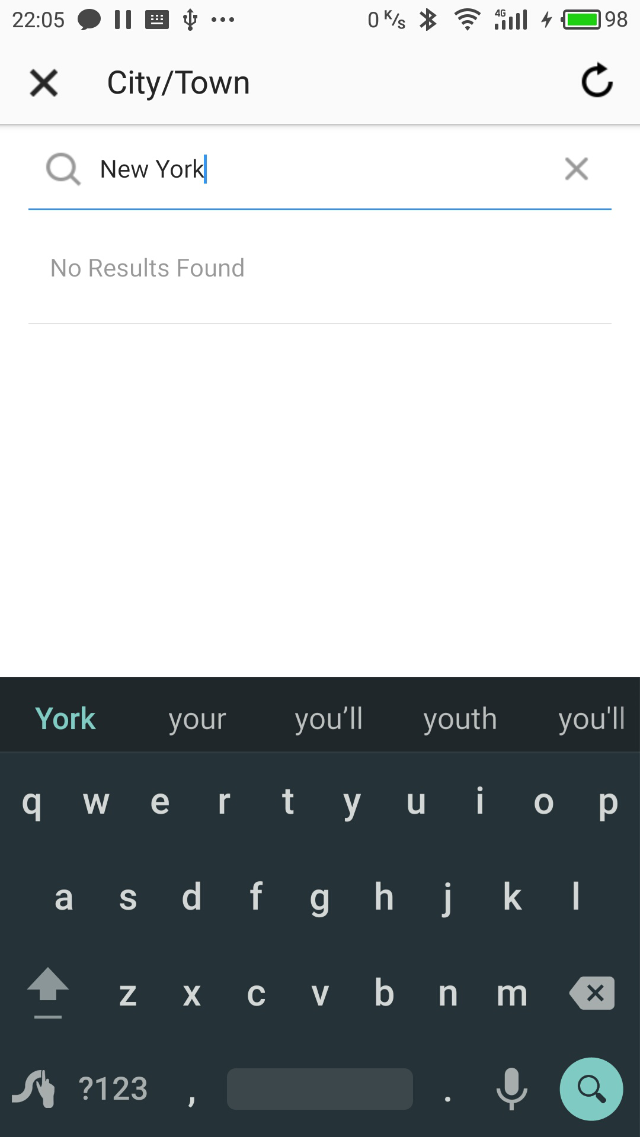

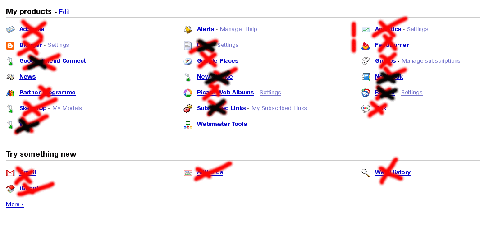
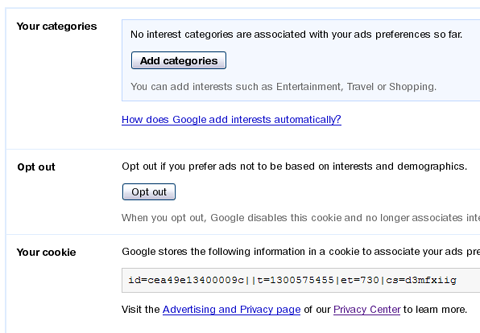
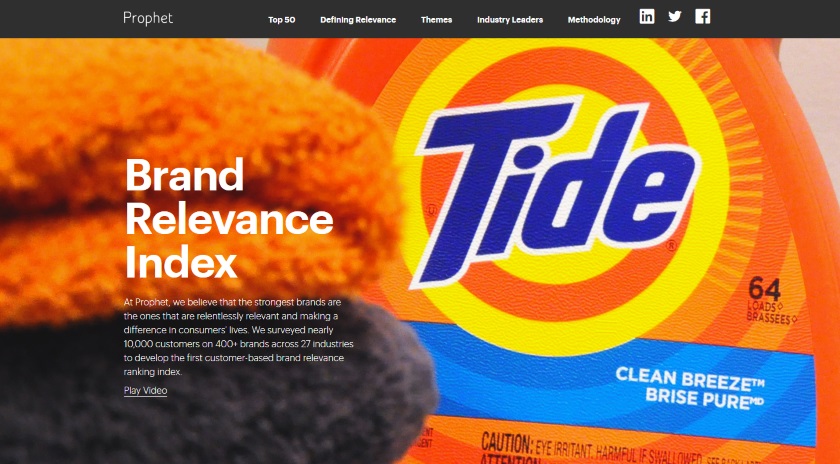
12 thoughts on “Your preferences mean nothing: Facebook still profiles you, even after you switch off interest-based ads”